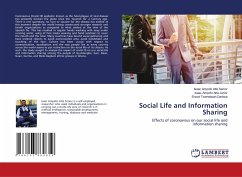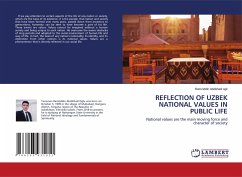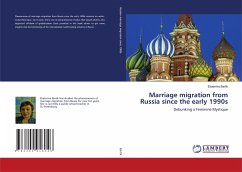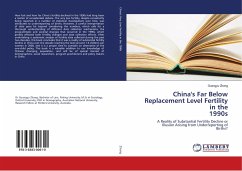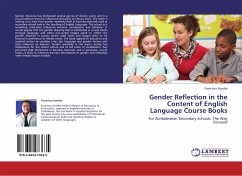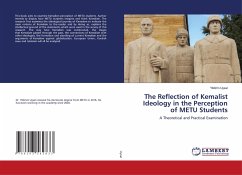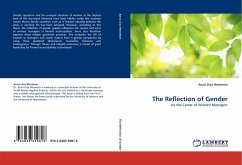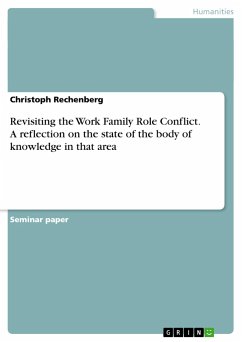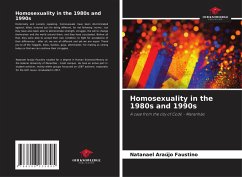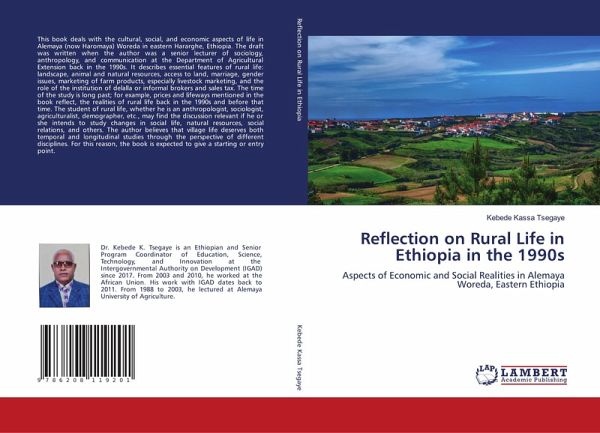
Reflection on Rural Life in Ethiopia in the 1990s
Aspects of Economic and Social Realities in Alemaya Woreda, Eastern Ethiopia
Versandkostenfrei!
Versandfertig in 6-10 Tagen
45,99 €
inkl. MwSt.

PAYBACK Punkte
23 °P sammeln!
This book deals with the cultural, social, and economic aspects of life in Alemaya (now Haromaya) Woreda in eastern Hararghe, Ethiopia. The draft was written when the author was a senior lecturer of sociology, anthropology, and communication at the Department of Agricultural Extension back in the 1990s. It describes essential features of rural life: landscape, animal and natural resources, access to land, marriage, gender issues, marketing of farm products, especially livestock marketing, and the role of the institution of delalla or informal brokers and sales tax. The time of the study is lon...
This book deals with the cultural, social, and economic aspects of life in Alemaya (now Haromaya) Woreda in eastern Hararghe, Ethiopia. The draft was written when the author was a senior lecturer of sociology, anthropology, and communication at the Department of Agricultural Extension back in the 1990s. It describes essential features of rural life: landscape, animal and natural resources, access to land, marriage, gender issues, marketing of farm products, especially livestock marketing, and the role of the institution of delalla or informal brokers and sales tax. The time of the study is long past; for example, prices and lifeways mentioned in the book reflect, the realities of rural life back in the 1990s and before that time. The student of rural life, whether he is an anthropologist, sociologist, agriculturalist, demographer, etc., may find the discussion relevant if he or she intends to study changes in social life, natural resources, social relations, and others. The author believes that village life deserves both temporal and longitudinal studies through the perspective of different disciplines. For this reason, the book is expected to give a starting or entry point.






